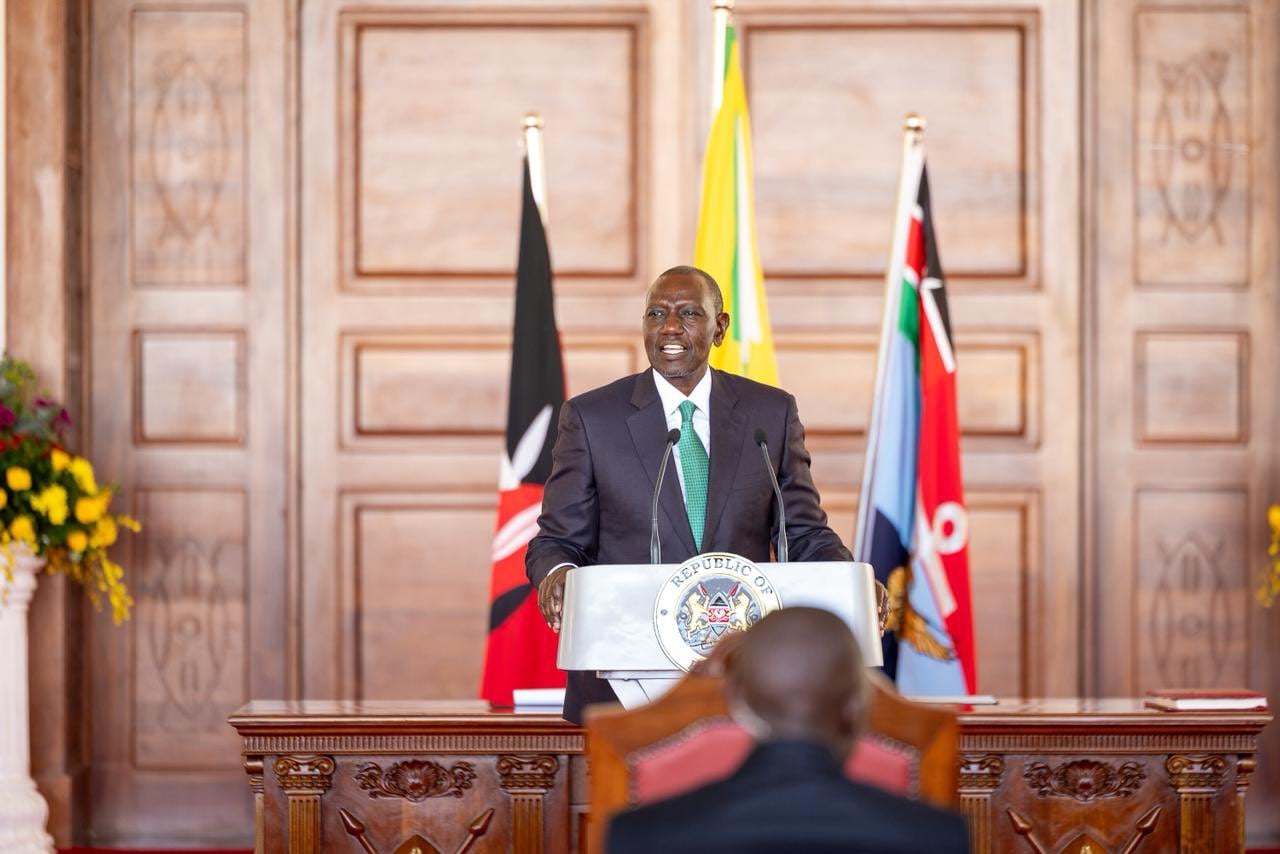In today's fast-paced financial world, online forex trading has become a cornerstone of the global economy, offering investors a platform to exchange currencies at a scale previously unimaginable.
Kenya, with its burgeoning forex market, stands at the cusp of a financial revolution, driven by the adoption of advanced algorithmic trading strategies. These sophisticated approaches have not only democratized access to global currency markets but have also provided Kenyan traders with tools to navigate the complexities of forex trading with unprecedented precision.
Understanding Algorithmic Trading in Forex
Algorithmic trading, or algo-trading, uses computer programs to execute a defined set of instructions for placing trades. The goal is to generate profits at a speed and frequency that is beyond human capability.
In the realm of the forex market, this means algorithms are designed to identify profitable trading opportunities based on market conditions, historical data, and statistical analysis.
Read More
Advantages for Kenyan Traders
● Efficiency and Speed: Algo-trading processes data and executes orders at a rate no human trader can match.
● Emotionless Trading: Algorithms operate without emotion, reducing the risk of impulsive decisions.
● Backtesting Capability: Traders can evaluate the effectiveness of their strategies using historical data before risking capital.
Strategies for the Kenyan Forex Market
Kenya's forex traders are increasingly leveraging a variety of algorithmic strategies to enhance their trading performance. Here are some of the most effective ones:
● High-Frequency Trading (HFT): HFT strategies involve making a large number of trades in fractions of a second to capture small price discrepancies.
● Statistical Arbitrage: This strategy takes advantage of price differences between currency pairs by analyzing historical correlations and market inefficiencies.
● Market Making: A strategy where the trader provides liquidity on both sides of a trade, earning the spread between the buy and sell price.
Regulatory Landscape in Kenya
Before diving deeper into algorithmic trading, it's crucial for Kenyan traders to understand the regulatory environment. The Capital Markets Authority (CMA) oversees forex trading in Kenya, ensuring that all participants adhere to the highest standards of transparency and fairness. Familiarizing oneself with CMA regulations is essential for any trader looking to navigate the forex market successfully.
● Compliance: Ensuring strategies and trading practices comply with local regulations.
● Transparency: Maintaining clear records and reporting to adhere to regulatory standards.
Implementing Advanced Strategies
For Kenyan traders aiming to implement advanced algorithmic trading strategies, here are key steps and considerations:
● Technology and Infrastructure: Access to high-speed internet and state-of-the-art trading platforms is a prerequisite. Traders should invest in reliable technology to ensure uninterrupted execution of trades.
● Education and Skill Development: Continuous learning is vital. Traders should seek resources on algorithmic trading, attend workshops, and possibly collaborate with experienced algo-traders to gain practical insights.
● Risk Management: Incorporate robust risk management techniques. This includes setting stop-loss orders, using appropriate leverage, and diversifying trading strategies to mitigate potential losses.
The Role of Artificial Intelligence (AI) and Machine Learning (ML)
AI and ML are increasingly becoming integral to algorithmic trading, offering new levels of analytical capability. These technologies can predict market movements more accurately by analyzing vast datasets and recognizing patterns that would be invisible or unintelligible to human traders.
● Predictive Analytics: AI algorithms can forecast future price movements based on historical data and market sentiment analysis.
● Adaptive Learning: ML algorithms can adapt to changes in market conditions, continuously refining their trading strategies for optimal performance.
Challenges and Opportunities
While the potential for profit in algorithmic trading is significant, it's not without its challenges. High setup costs, the need for continuous algorithm adjustments, and the risk of over-reliance on technology are notable concerns.
However, the opportunities for those who can navigate these challenges are substantial, especially in a growing market like Kenya's.
Looking Ahead: The Future of Forex Trading in Kenya
The future of forex trading in Kenya is intrinsically linked to the evolution of algorithmic trading strategies. As technology advances and regulatory frameworks mature, Kenyan traders are well-positioned to become leading participants in the global forex market. The key to success lies in embracing innovation, adhering to ethical trading practices, and fostering a community of continuous learning and improvement.
Conclusion
Advanced algorithmic trading strategies are transforming Kenya's forex market, offering traders sophisticated tools to enhance their trading performance. By understanding and implementing these strategies within the regulatory framework, Kenyan traders can unlock new opportunities in the global forex landscape.
The journey towards becoming a proficient algorithmic trader requires dedication, education, and a proactive approach to risk management. With the right mindset and resources, Kenya's forex traders can navigate the complexities of the market and achieve substantial success in the world of online forex trading.
This comprehensive exploration of advanced algorithmic trading strategies underscores the vibrant potential of Kenya's forex market. As traders continue to harness these innovative approaches, the horizon of forex trading in Kenya is bound to expand, promising a future of robust growth, enhanced efficiency, and greater inclusivity in the global financial ecosystem.





-1772427756.jpg)
